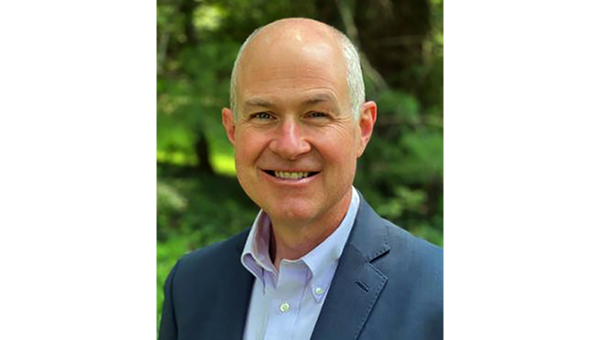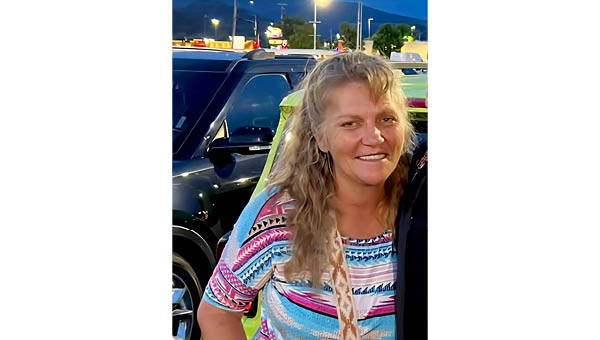Under new title Coetzee to focus on fixing city infrastructure
Published 8:57 am Thursday, July 23, 2015

Formerly the director of water, wastewater and electric departments, General Manager of Water Resources Johann Coetzee is excited to move forward with many important projects under his new title.
It’s been three weeks since the city of Elizabethton reorganized some of its departments. Included in the restructuring was Elizabethton Electric General Manager Rob Toney, who now reports directly to City Manager Jerome Kitchens. This gives Toney complete control and authority over the electric department.
Kitchens was hopeful this action would allow Coetzee to focus more attention on upcoming projects within his own department. Coetzee confirmed that it has.
“The mission here is to focus and devote time to repairing infrastructure in our city,” Coetzee said. “We are focusing on repairing water lines first, then sewer lines and water tanks.”
There are two goals that must be achieved prior to any infrastructure improvement. In order to keep record of improvements, Coetzee wants to see more routine asset management and progress reporting.
For these initiatives to gain traction, Coetzee said he must have access to a mapping database. Coetzee, who also oversees the engineering department, said a team is moving forward with the mapping project. The engineering department’s business plan was changed to include an in-house GIS program.
“We don’t have proper GIS (geographic information systems) in place,” Coetzee said. “That is important because right now pretty much anything we touch needs some kind of repair.”
Getting on top of the city’s degraded water system prompted a 9.6 percent water rate increase this year and various increases every year through 2021. The Elizabethton City Council approved this action July 9.
“Over the next few years, we are going to have to make decisions about where we spend money most effectively,” Coetzee said.
The mapping database is a crucial tool to help ensure the department is using funds properly.
“A GIS database will combine our work order information with information about the condition of our system,” Coetzee said. “This enables us to do cost studies to decide the most effective way to spend the dollars.”
The database will provide a much better visual of the work ahead of the department.
“We will be able to click on a portion the map and then on a specific pipeline,” Coetzee said. “Then it spits out all of the related information about that specific area. That’s what makes it so powerful.”
The database would also allow Coetzee to measure the department’s performance throughout the infrastructure improvement plan.
“We want to look at the actual measured increase in our performance,” Coetzee said. “Month to month we will look at how we did with various tasks. We want to measure our performance. We can’t effectively manage these projects if we don’t have inventory that relates back to cost of doing these things.””
Plans are in place to conduct surveys of the current water system, Coetzee said. He expects this inititive to gain momentum in the next couple of weeks.
“We are truly honing in on very precise management of how spend resources,” Coetzee said. “There are a lot of exciting things happening.”





